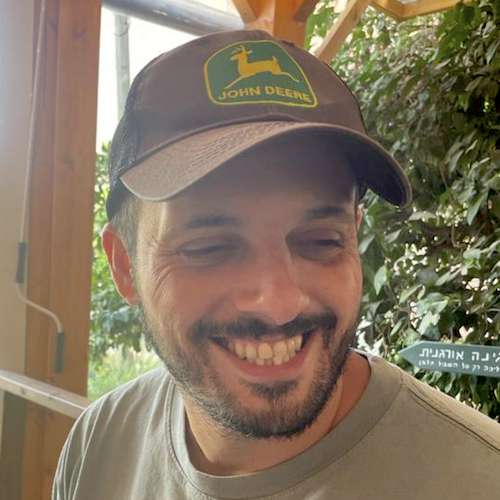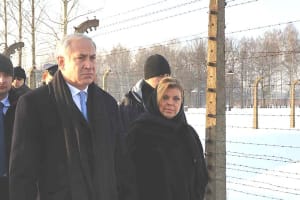IDF changed the rules (and didn't forget to tell the enemy)

In a dramatic departure from decades of operational secrecy, the Israel Defense Forces (IDF) has publicly acknowledged two sophisticated commando raids deep within enemy territory.
The unprecedented transparency in these military operations marks not just tactical successes, but potentially signals a broader strategic evolution in how Israel projects power across the Middle East.
The decision to publicly acknowledge these operations represents more than just a break from traditional operational secrecy - it signals a sophisticated evolution in Israel's approach to regional deterrence.
By revealing these capabilities, the IDF appears to be implementing a multi-layered strategy that combines conventional military success with psychological warfare and strategic communication. Israel must both shoot and talk.
Two recent operations starkly illustrate this strategic evolution, each demonstrating Israel's willingness to not only act but to acknowledge its reach across multiple domains.
The Batroun raid: 140km deep into Lebanon
The first operation, revealed by the IDF last Friday, showcased the exceptional capabilities of Shayetet 13, Israel's elite naval commando unit. In a precisely executed operation that took just four minutes, approximately 20 operatives penetrated 140 kilometers into Lebanese territory, far beyond the conventional operational zones in southern Lebanon.
The naval commandos, utilizing high-speed vessels, successfully infiltrated the coastal town of Batroun. Speaking Arabic to maintain their cover, the team executed a precision extraction of Emad Fadel Amhaz from an apartment building in the town.
While Lebanese sources initially described Amhaz as a civilian naval captain, IDF sources later confirmed he was a high-ranking commander in Hezbollah's clandestine naval force, a unit that has increasingly concerned Israeli naval intelligence due to its acquisition of advanced anti-ship ballistic missiles and other sophisticated weaponry.
The Syrian strike: Uncovering Iran's intelligence web
The subsequent interrogation of Ali Soleiman al-Assi, the captured Syrian operative, revealed critical insights into Iran's regional intelligence-gathering methods. Al-Assi, who was residing in the area of Saida in southern Syria, disclosed how Iranian agents, posing as Syrian intelligence officers (Mukhabarat), had recruited him to monitor Israeli border activities.
The IDF had maintained surveillance on al-Assi for an extended period before executing the precision operation that led to his capture. According to military officials, his arrest directly prevented planned future attacks and exposed a broader Iranian terror network operating within Syria.
Beyond operations: Reshaping regional security architecture
The strategic significance of these operations extends beyond their immediate tactical success. They represent a fundamental shift in how Israel approaches regional security challenges:
Breaking the Silence Doctrine: Israel's historical policy of ambiguity in special operations has given way to a more transparent approach, suggesting a calculated decision to leverage public acknowledgment for strategic effect.
Multi-Domain Messaging: The operations demonstrate capabilities across different operational environments - naval commando operations in Lebanon, ground force activities in Syria, and sophisticated intelligence-gathering networks.
Psychological Impact: The public disclosure serves as a powerful deterrent, demonstrating Israel's ability to operate with impunity deep within adversary territory.
Intelligence Superiority: The successful execution of these missions reveals sophisticated intelligence capabilities and operational planning, particularly in identifying and tracking high-value targets.
This new "show and tell" approach reflects a deep understanding of Middle Eastern strategic culture. Where special operations usually thrive in shadows and silence, the IDF has chosen a bold new path: broadcasting its capabilities and achievements to friend and foe alike. In the evolving Middle Eastern military doctrine, this is one revolution that is televised.

Tolik is a Middle East analyst and media professional with extensive experience in covering regional geopolitical developments. His background spans analytical journalism, media production, and strategic communications, having contributed to major Israeli and international television networks and newspapers.













